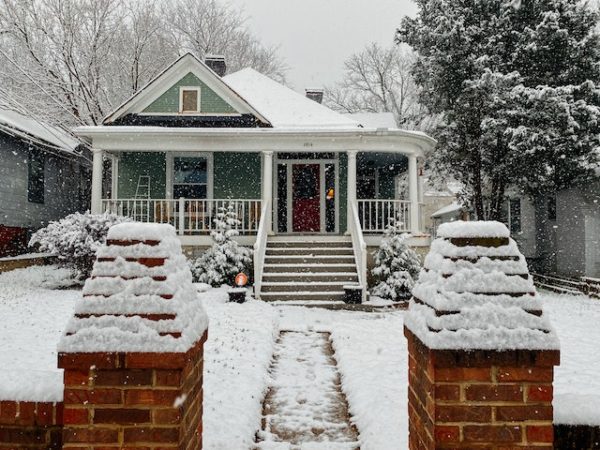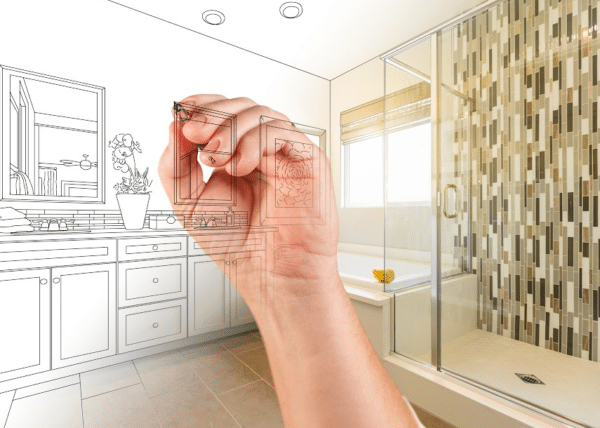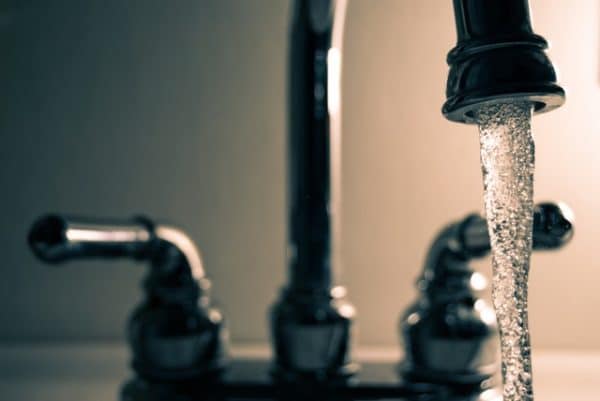As the days grow shorter and the air turns crisp, it’s time to prepare your home for winter. Ensuring your home is ready for the colder months ahead is not only about staying warm but also about safeguarding your property and family from potential hazards. Don’t wait until the first snowfall; begin your preparations now to enjoy a cozy, safe, and stress-free winter season. In this detailed guide, we will explore the essential steps and additional tips, to help you prepare your home for winter effectively.
1. Inspect Your Heating System: Foundation of Winter Comfort
Your heating system is the backbone of your winter comfort. Before the chill sets in, it’s crucial to have your system inspected by professionals. Preparing your home for winter starts with ensuring your heating system is operational and safe. If you have radiators, bleeding them might be necessary, and boilers should be checked for leaks. Clean vents, change filters, and maintain a safe distance between furniture and heating sources. These steps not only ensure optimal heating but also prolong the life of your system.
2. Check Your Doors and Windows: Seal Out the Cold and Save on Energy
Inspect your windows for cracks and recaulk sills to prevent cold drafts. Switch to heavier curtains that act as insulators, trapping warmth inside and keeping the cold out. Evaluate doors and replace weather stripping to maintain a snug interior. Proper insulation not only ensures warmth but also contributes to significant savings on your energy bills, making it a practical step to prepare your home for winter.
3. Clean Your Gutters and Check Your Roof: Prepare Your Home for Winter
Summer storms and falling leaves can cause damage to your roof. Schedule a professional evaluation by a licensed roofer to identify potential issues and prevent leaks. Regularly cleaning gutters ensures proper drainage, preventing water damage and costly repairs. Consider self-cleaning gutters for a hassle-free solution, saving you both time and money. To prepare your home for winter means protecting your property from the top down.
4. Find the Stopcock/Shut Off-Valve: Prevent Burst Pipes and Water Damage
Know the location of your emergency water shut-off valve; it’s your first line of defense against burst pipes. Insulate pipes or use heating tape to prevent freezing, safeguarding your plumbing system. Burst pipes can cause significant water damage, making this step essential to prepare your home for winter.
5. Radiator Bleeding: Maximize Heating Efficiency and Savings
Bleeding your radiators before winter ensures they operate at peak efficiency. Properly functioning radiators not only keep your home warm but also save you money on heating costs. By preparing your home for winter with this simple step, you’re making a smart investment in your comfort and budget.
6. Prepare Your Yard and Garden: Safeguard Your Outdoor Investments
A well-maintained garden enhances your home’s aesthetics. Secure loose items, clear leaves, and store outdoor furniture properly. Weatherize water features to prevent damage. Preparing your home for winter extends to your outdoor space, ensuring it remains inviting and enjoyable.
7. Use a Dehumidifier: Combat Dampness and Mold
Proper ventilation is crucial, especially when windows and doors are closed. Vent your dryer outside and use a dehumidifier to combat dampness and mold. Check bathroom and kitchen extractor fans to maintain proper airflow, ensuring a healthy indoor environment.
8. Check Chimney and Fireplace: Ensure Safe Heating
If applicable, have your chimney inspected and cleaned. Ensure the fireplace damper closes properly when not in use. Proper maintenance guarantees safe and efficient heating during winter.
9. Insulate Attic and Walls: Conserve Heat and Lower Energy Bills
Add extra insulation to your attic and walls to conserve heat and lower energy bills. Well-insulated walls and attic ensure your home retains warmth efficiently.
10. Emergency Kit: Prepare for Unexpected Situations
Prepare an emergency kit with essentials like flashlights, batteries, blankets, and non-perishable food items in case of power outages. Being ready for unexpected situations ensures your family’s safety and comfort during winter storms.

In conclusion, these tips to prepare your home for winter are a comprehensive endeavor encompassing various aspects of your property. From ensuring a warm interior and safe heating systems to protecting against water damage and maintaining a healthy environment, these steps are essential. By investing time and effort now, you’re not only creating a cozy haven for the winter but also preventing potential disasters and saving on energy costs. Embrace the winter season confidently, knowing your home is ready to face the challenges with resilience and warmth. Prepare your home for winter today and experience the joy of a winter that’s truly worry-free.






Thanks for the tips!
Every homeowner with a central heating system should also ensure that their ductwork is properly sealed and insulated. This small step can significantly improve the overall efficiency of an HVAC system, saving energy and money.
Thank you for sharing these tips. Another thing every homeowner should remember to do is to check their water heater before the cold weather onset. It’s especially important to first examine the pressure relief valve and the tank for any signs of leaks or corrosion. This preemptive measure helps avoid unexpected breakdowns during times when hot water is most needed.